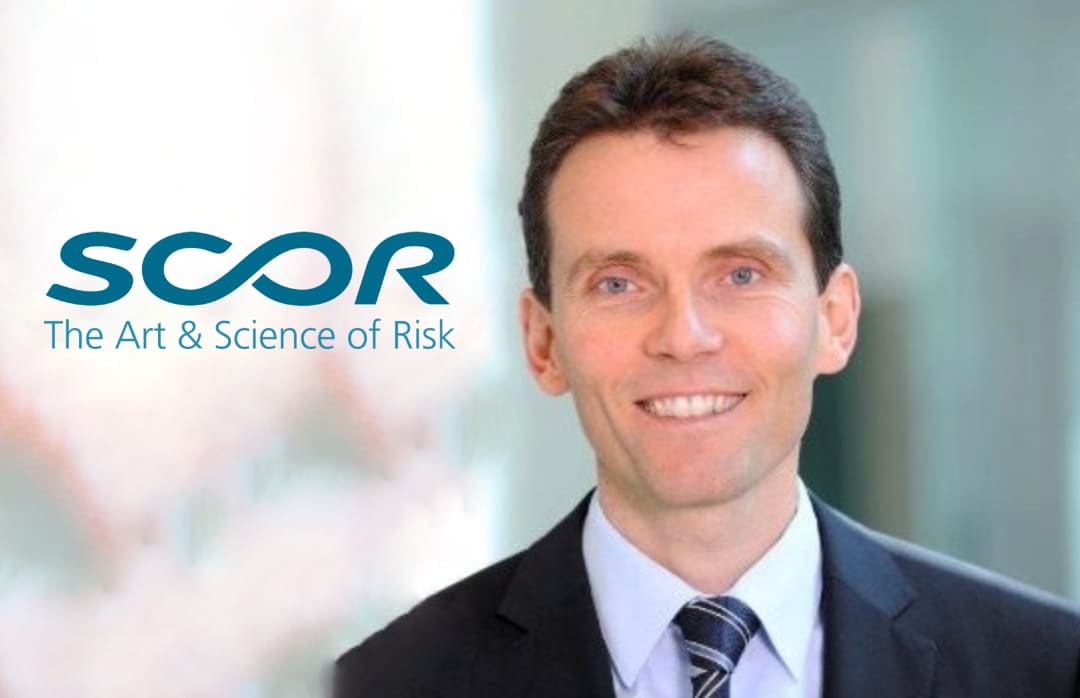Urgent need for better dialogue between private-public sectors, says SCOR CEO Léger
- August 3, 2025
- Posted by: Beth Musselwhite
- Category: Insurance

During SCOR’s live session, “The Re(insurer) of Tomorrow,” Thierry Léger, CEO of SCOR, emphasised the urgent need for improved communication between public authorities and the insurance industry to enhance resilience against risks.
Léger pointed out that buildings located in vulnerable areas present a growing challenge, leading to an increasing protection gap. He stressed that more collaboration is essential for effective risk prevention.
He stated, “I truly believe it will require very close cooperation between reinsurers, insurers, and governments to make sure that we stop building houses in flood zones and where they can burn. Where we know that the forces of nature will create losses to those buildings on a regular basis which makes them uninsurable.”
Léger added, “I think there’s no other way. We cannot make buildings miraculously insurable that are built in flood zones.”
He emphasised that this can only be achieved through better and more open dialogue between public authorities and the insurance sector.
He continued, “I’m part of several bodies, John Neal (CEO at Lloyd’s) as well, and we are really trying actively to speak to people in Washington, in Brussels, to have a very good and constructive dialogue so they understand what the challenges are, not our challenges but the challenges of society.”
Françoise Gilles, Group Chief Risk Officer at AXA, shared similar views at SCOR’s event, stating, “At AXA we believe that the future should not be a risk. Prevention and partnership will help get us there. Partnership because we cannot do that on our own, be it a government, a reinsurer, or an insurer. We need to partner and prevent risks to keep the world as insurable as possible.”
Gilles also highlighted the importance of raising risk awareness among public authorities and the general public as part of this prevention strategy.
Lloyd’s CEO, John Neal, emphasised the significance of understanding risk. He explained that if the risk is too high, insurers will not cover it, meaning no one will pay for coverage.
Neal noted, “Let’s consider the U.S. for a moment. Florida, which has been hugely problematic because of its litigation related complications, has actually introduced some tort reforms in the last 12 to 18 months; otherwise, insurance would simply fail for that reason alone in Florida.
“In California, insurers are saying that they cannot operate in this environment. They’ve got no sense coming from the government, no sense coming from regulators, and some of the biggest insurers in the U.S. are saying that they are not going to be here.”
He concluded, “I think there are some tipping point conversations. Those discussions are starting to happen to say we need all of the actors in the room. As insurers, we have a responsibility, we want to fulfil that, but it’s got to have some perspective.”
This website states: The content on this site is sourced from the internet. If there is any infringement, please contact us and we will handle it promptly.



